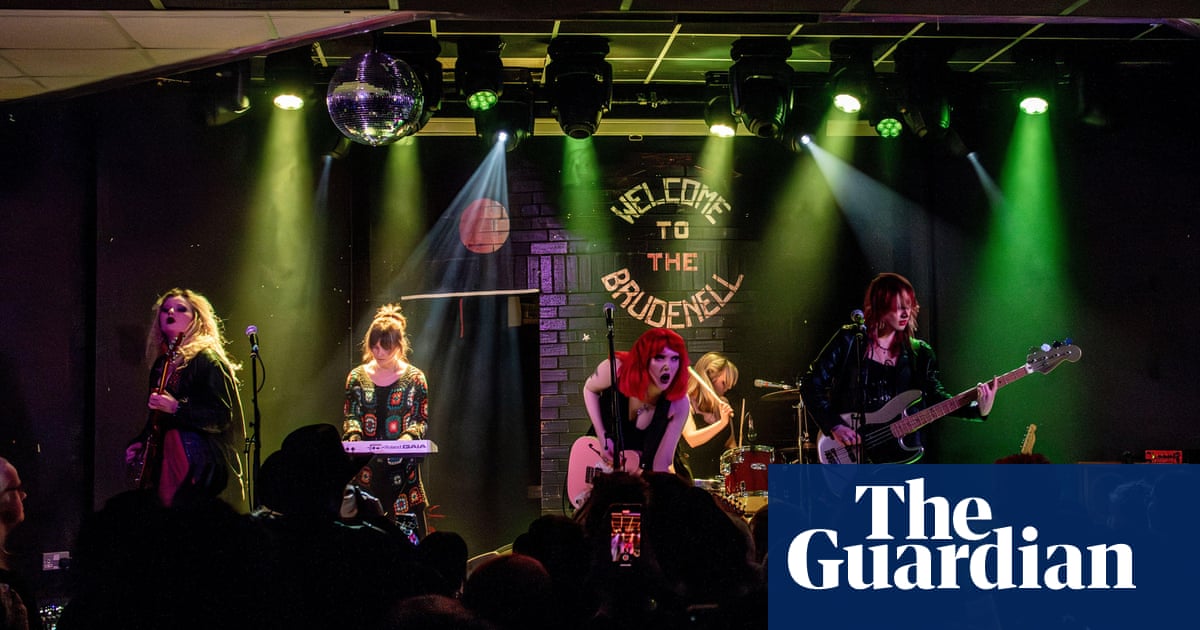[ad_1]
A group of MPs is calling for a levy on concert tickets at UK arenas and stadiums to raise funds for mainstream venues struggling with rising costs and the risk of closure.
VAT relief for smaller venues has also been recommended in an inquiry report signed by MPs on the culture, media and sport committee, which highlights the importance of these venues to the wider music ecosystem.
Dame Caroline Dinenage MP, chair of the cross-party select committee, said: “If the grassroots, where musicians, technicians, tour managers and promoters hone their craft, is left to wither and die, the UK’s position as a musical powerhouse faces a bleak future .
“It’s time the government brought together everyone who has a stake in the industry’s success, including music fans, to tackle the long-term challenges and ensure live music can thrive into the future.”
The report proposes an initial voluntary levy on arena and stadium concert tickets – which would be used to create a fund to support venues, artists and promoters.
If there is not enough financial support for this fund by September, then the commission suggests that the government step in and introduce a statutory levy.
He also stresses that the cost should not be passed on to music fans and that it should be built within the existing ticket price.
The proposals mark a U-turn from last year, when John Whittingdale, a Conservative MP and former culture secretary, said in November during a debate on aid for the sector: “We have no plans to charge tickets.”
David Martin, chief executive of the Featured Artists Coalition, and Annabella Coldrick, chief executive of the Music Managers Forum, praised the proposals but reiterated the urgency of the situation.
They said: “The whole ecosystem needs support. While we still believe this mechanism should be mandatory, the clock is already ticking to start the process before September 2024.”
The investigation was launched by the charity Music Venue Trust (MVT) in October. MVT has been lobbying for a tax on stadiums and arenas since December, when the historic Moles venue in Bath was forced to close – one of 125 such venues to close last year.
Anecdotal evidence from two consultation roundtables with independent venues across the UK, combined with data provided by industry bodies such as MVT and live music umbrella Live, was used as evidence in the report. Some of the venues that were consulted included Suki10c in Birmingham, The Old Abbey Taphouse in Manchester, Dryad Works in Sheffield, Color Factory in London and Brudenell Social Club in Leeds.
Mark David, chief executive of MVT, said that while venues face certain challenges depending on size, there are some common challenges such as rent, energy prices and making a minimum profit on tickets. “This is why offering solutions such as a targeted temporary reduction in VAT will benefit the ecosystem as a whole,” he said.
David, along with John Collins, CEO of Live, congratulated the select committee for its support. The government must respond to the report within two months of its publication.
Collins said: “It is clear that the commission recognized the many challenges facing venues, promoters, events and artists at grassroots level and the steps needed to address them.”
With the general election coming up, David hopes these recommendations will be manifesto points for all parties. He said: “The report was cross-party. It’s not a political issue, it’s an issue of maintaining access to culture and creativity in our communities … these are inspiring spaces and I don’t think the left or the right want to keep them.”
[ad_2]
